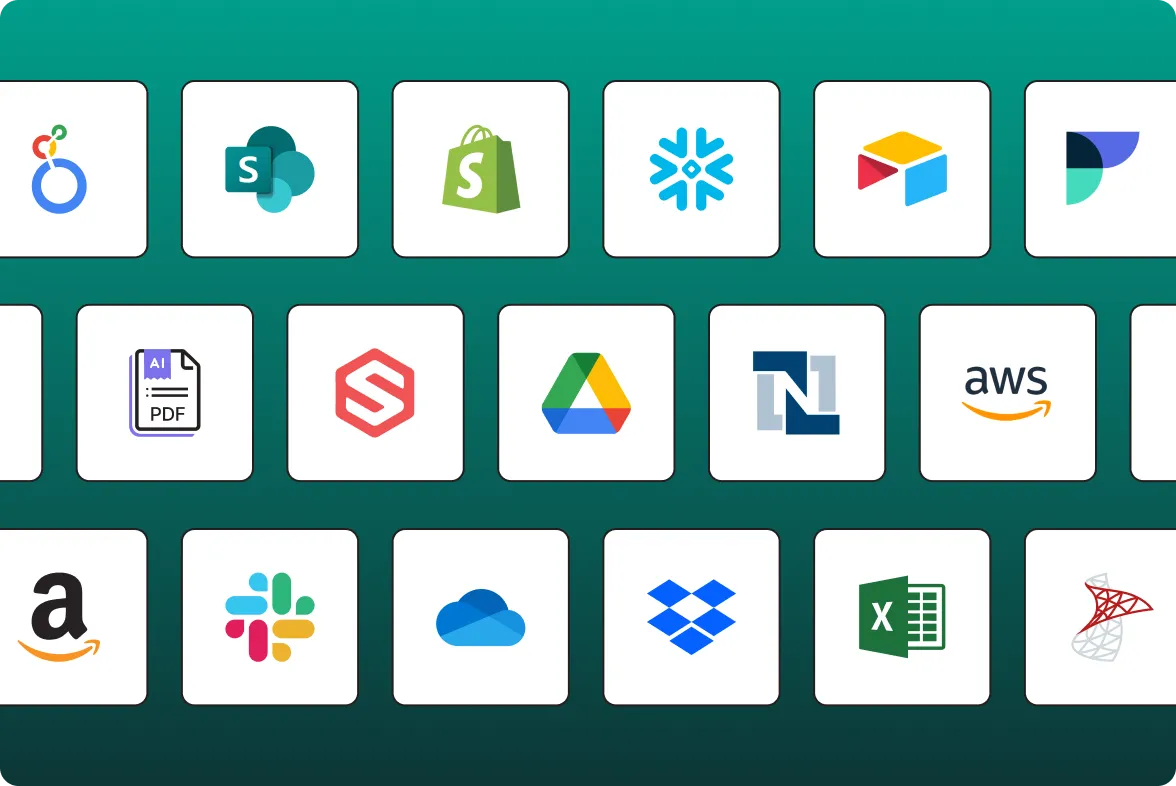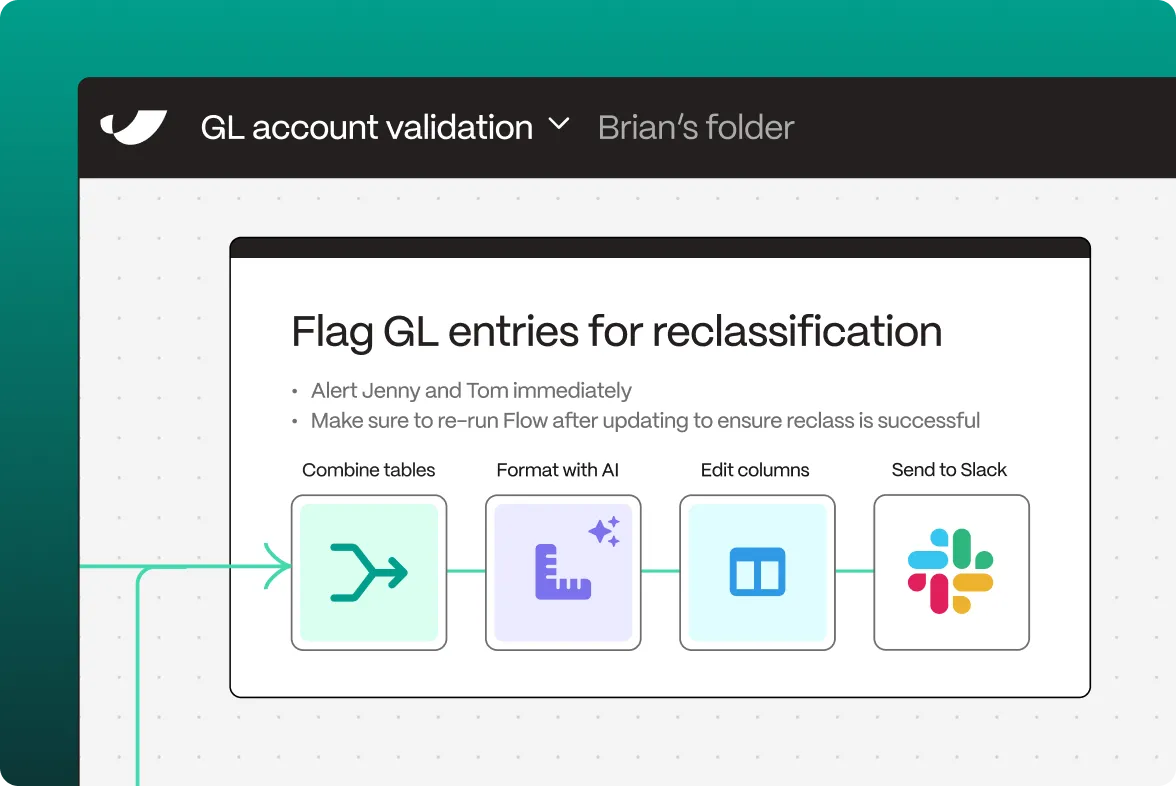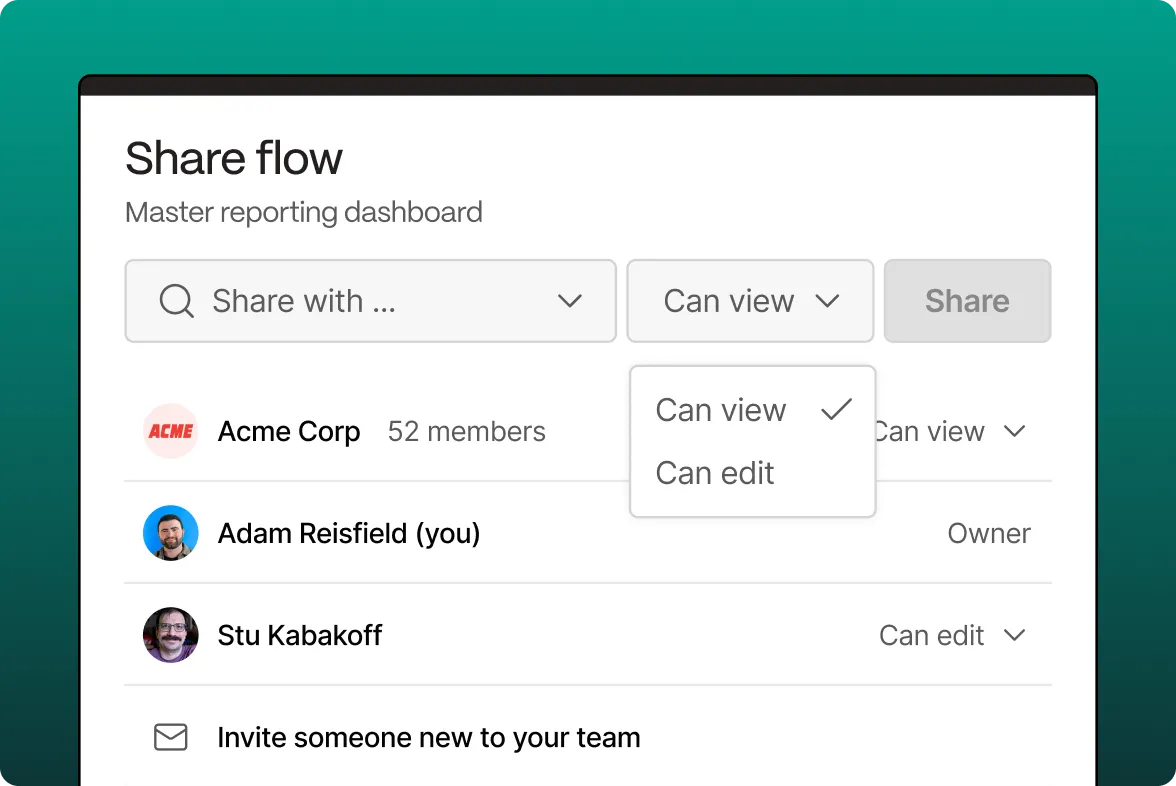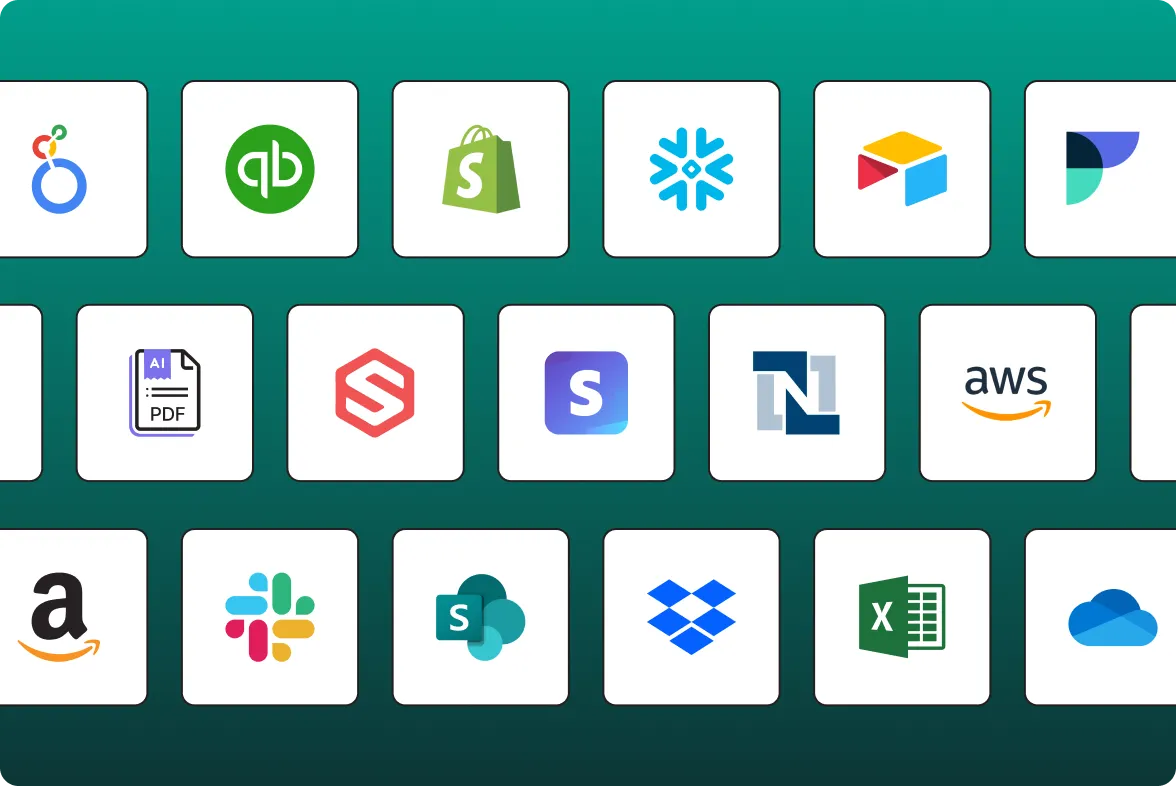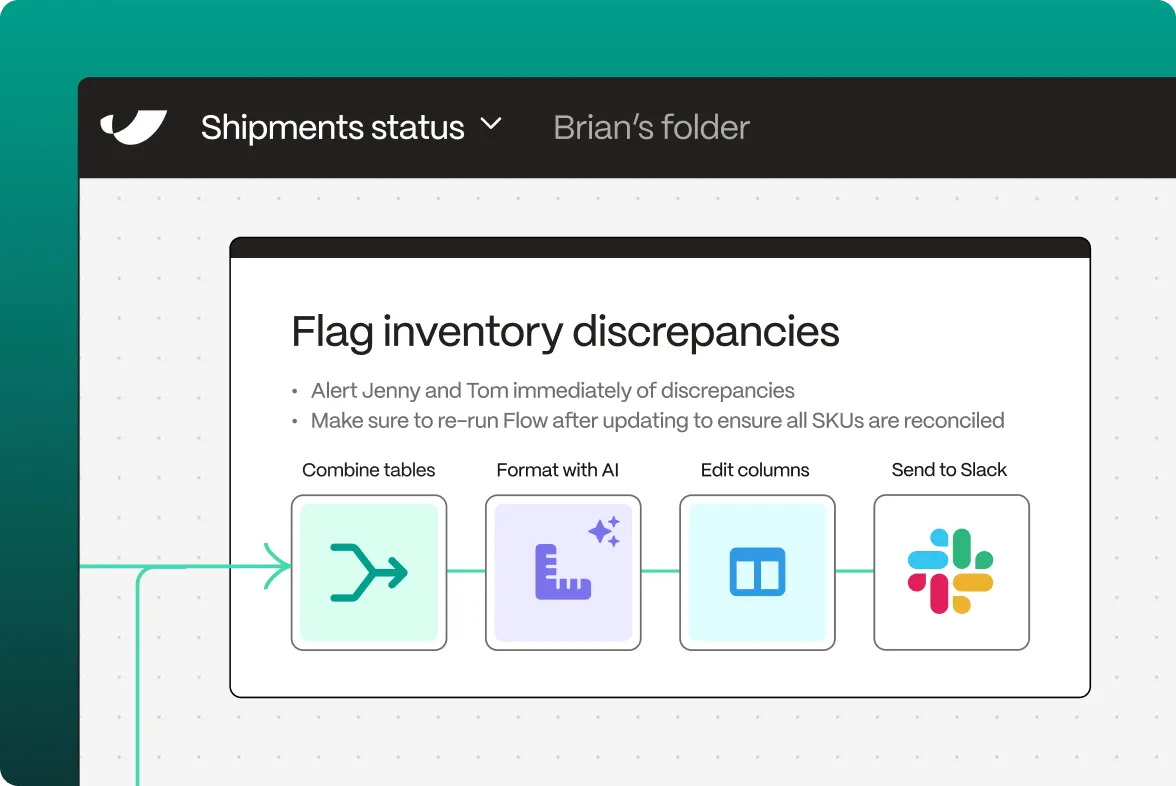Connecting via API with with Oracle Database enables organizations to automate their enterprise database operations through Oracle's industry-leading relational database platform. This powerful connection allows businesses to streamline their data management workflows while maintaining enterprise-grade security and performance, all through a robust API that supports comprehensive database automation.
How do I connect via API?
- Connect to the Oracle Database API through Parabola by navigating to the API page and selecting Oracle Database
- Authenticate using your Oracle credentials and configure necessary security protocols
- Select the data endpoints you want to access (schemas, tables, procedures, packages)
- Configure your flow in Parabola by adding transformation steps to process your database operations
- Set up automated triggers for database tasks and monitoring
What is Oracle Database?
Oracle Database is an enterprise-grade relational database management system that provides comprehensive data management capabilities for mission-critical applications. As the foundation of Oracle's technology stack, it delivers advanced features for security, availability, and performance, making it the database of choice for many of the world's largest organizations.
What does Oracle Database do?
Oracle Database provides a comprehensive enterprise database platform that enables organizations to manage complex data operations with maximum reliability and security. Through its API, businesses can automate sophisticated database workflows while maintaining strict compliance and performance requirements. The platform excels in handling enterprise workloads, supporting everything from high-volume transaction processing to advanced analytics and machine learning operations.
The API enables programmatic access to Oracle's full feature set, including PL/SQL execution, partitioning operations, and security management. Organizations can leverage this functionality to build automated database workflows, manage complex operations, and coordinate enterprise processes while maintaining optimal performance and security.
What can I do with the API connection?
Enterprise Data Management
Through Connecting via API with with Oracle Database, teams can automate their enterprise data workflows. The API enables automated data processing, transaction management, and batch operations. This automation ensures reliable data operations while maintaining system integrity.
Performance Optimization
Organizations can leverage the API to automate their performance management processes. The system can handle query optimization, manage storage parameters, and coordinate resource allocation. This automation helps maintain optimal performance while reducing administrative overhead.
Security Administration
Security teams can automate their database security processes through the API connection. The system can manage access controls, audit trail generation, and encryption settings. This automation ensures consistent security practices while maintaining compliance requirements.
High Availability Management
Operations teams can automate their availability management through the API. The system can coordinate backup operations, manage failover procedures, and monitor database health. This integration helps ensure continuous operations while minimizing downtime risks.
Data Integration
Development teams can automate their integration workflows through the API. The system can manage data movement, coordinate transformations, and ensure data quality across systems. This automation streamlines integration processes while maintaining data consistency.
Through this API connection, organizations can create sophisticated database management workflows that leverage Oracle's enterprise capabilities while eliminating manual operations and reducing complexity. The integration supports automated data operations, seamless performance management, and comprehensive security controls, enabling teams to focus on strategic initiatives rather than routine database administration.

